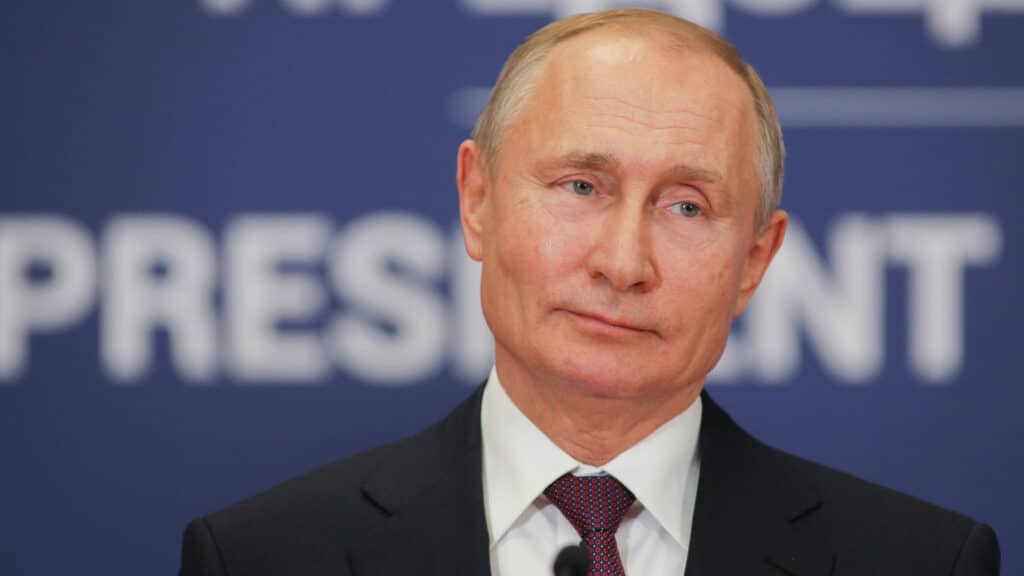Kazakhstan refuses to ratify the Rome Statute, posing no threat to Putin

Kazakhstan is not ready to ratify the Rome Statute of the International Criminal Court (ICC) in The Hague due to certain contradictions with the Constitution of Kazakhstan, according to the country’s Ministry of Foreign Affairs (MFA). This means that Kazakhstan will not arrest Russian President Vladimir Putin under the arrest warrant issued by the ICC.
This response followed the UN’s repeated recommendation for Kazakhstan to join the Rome Statute, with the first recommendation Kazakhstan received back in 2019.
«There are some legal issues that prevent our country from ratifying the Rome Statute of the International Criminal Court, as several of its provisions contravene the Constitution of Kazakhstan,» the MFA stated in response to an inquiry from Kursiv.media.
Commenting on the possibility of Kazakhstan arresting Putin under the ICC warrant, the agency responded definitively:
«Kazakhstan has neither signed nor ratified the Rome Statute. Its provisions do not apply to our country, so we have no obligations under this international agreement,» the statement read.
In late January, Kursiv.media reported that the UN recommended Kazakhstan ratify the Rome Statute of the ICC. The Rome Statute is the treaty that established the ICC in The Hague. It serves as the ICC’s charter, defining its functions, structure and jurisdiction.
The ICC is a permanent criminal court prosecuting those guilty of genocide, war crimes and crimes against humanity.
In March 2023, the ICC issued an arrest warrant against Putin in connection with his alleged responsibility for war crimes committed during Russia’s full-scale invasion of Ukraine in 2022.
In September 2024, President Putin visited Mongolia, which is a signatory of the Rome Statute. Despite officially recognizing the ICC’s jurisdiction, the country refused to arrest Putin.

